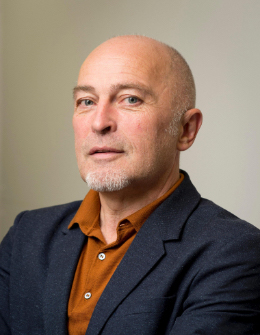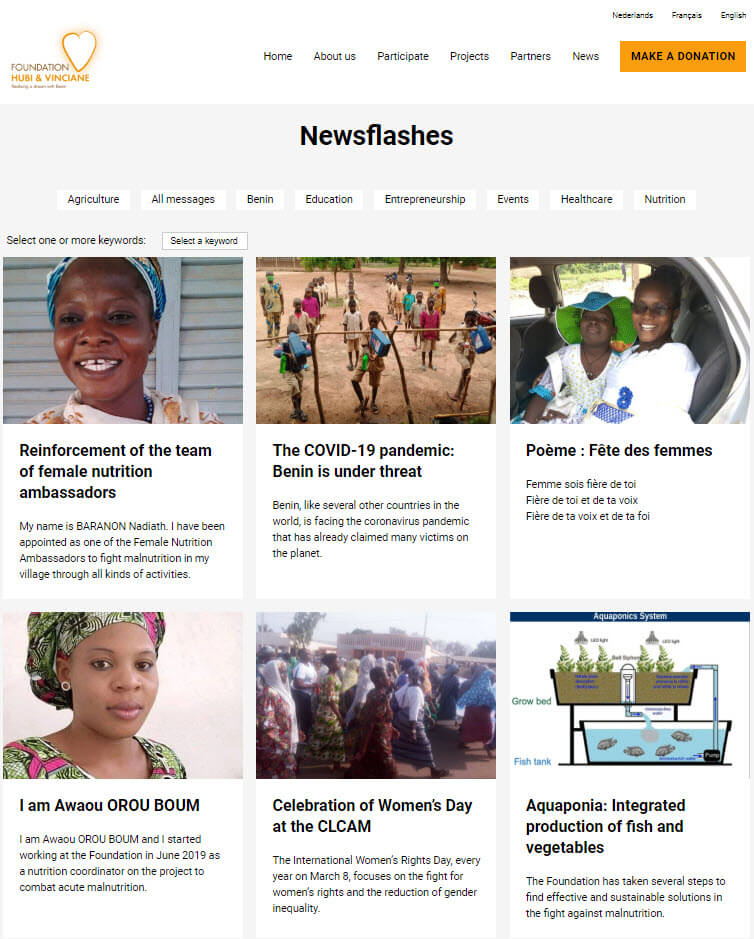Focus on Benin

On October 22nd, the Foundation organised its very first virtual conference “Braquons sur le Bénin” with Professor Marc Poncelet from ULiège as speaker. As a seasoned connoisseur of Benin, the professor gave the more than fifty participants a comprehensive overview of today’s Benin. After a short geographical, historical and ethnolinguistic introduction, he introduced us to the challenges of today’s economy, demography and politics.
Benin is experiencing almost explosive population growth. The birth rate is still relatively high and combined with a falling mortality rate (infant mortality, moreover), this means that the population of 11,000,000 is set to double again in 25 years’ time. The big challenge is therefore to create enough jobs for the working-age generations, which have never been so numerous in proportion to the population.
And this is where the problem lies. Although Benin is experiencing strong economic growth, 40 percent of the population has to make do with less than US$2 a day. So inequality remains high. A majority of the active population under 24 years old works in the informal sector, while agriculture, which today employs 70% of the active population, remains essentially artisanal and not very productive. Economic growth comes mainly from trade, port activities and cotton production, in which foreign investors and markets also play an important role. The Beninese economy is not very industrialised.
Although Benin certainly has important assets for positive progress – a stable political climate, a rising level of education and more accessible basic health care – there is still much work to be done. The main challenge lies in the “post-democratic” political developments heralded by recent developments and in the private-public sector linkages that will emerge.
Training and employing a fast-growing population will inevitably imply an increasing formalisation of the economy and greater transparency in its control.

